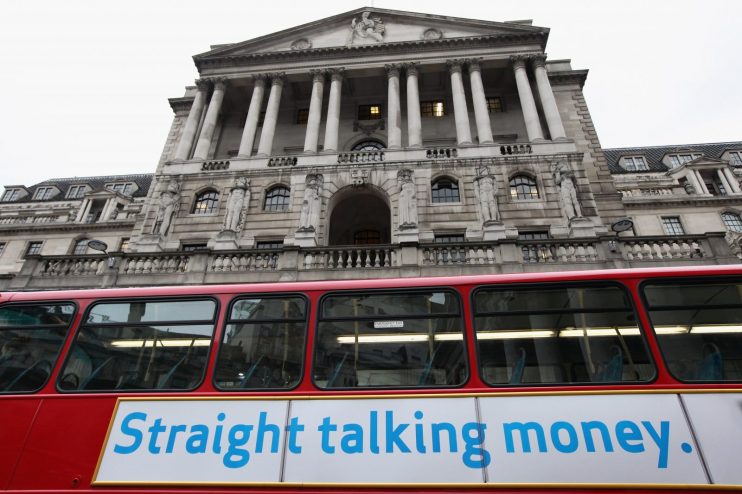OECD gloomy over 2005 growth

The Organisation for Economic Cooperation and Development (OECD) sided with hawks in the Bank of England’s Monetary Policy Committee yesterday, saying there was no need for an interest rate cut despite a flagging economy.
It also cut its 2005 forecast for British economic growth from 2.4 to 1.7 per cent in a report released yesterday.
Piling on the bad news for the chancellor, the OECD, which represents the world’s richest countries, said that although Gordon Brown may meet his “golden rule” in this economic cycle, he may need to raise taxes in the next.
Critics say that Brown gave himself a get out of jail free card for this economic cycle when he changed the way that it was calculated, moving the start date from 1999 to 1997. The idea is that governments must not spend more than they collect in taxes in any economic cycle.
The fiscal deficit is now around 3 per cent of GDP and if it does not fall into line with official projections then further measures will be required,” the OECD said. It added that Brown must ensure that public money is spent more efficiently to contain the tax burden within reasonable limits, although it praised attempts to reduce bureaucracy in health and education, areas where the Opposition has traditionally been critical of the government. GDP per capita is stuck at the median of the 30 OECD member countries, which include Mexico, Turkey and the central European EU member states.
Low productivity has been a persistent problem for Brown, and the OECD urged Britain to remedy under-investment in technology. The chancellor has been chairing a meeting of EU finance ministers this week. On Tuesday he called for trade barriers between the EU and America to be broken down. Alan Greenspan, the Federal Reserve Chairman, echoed Brown’s calls in Washington yesterday.

